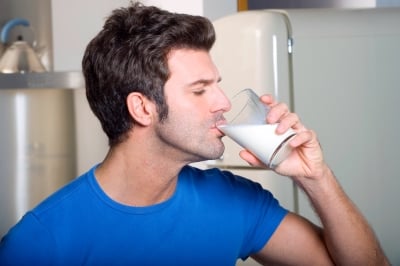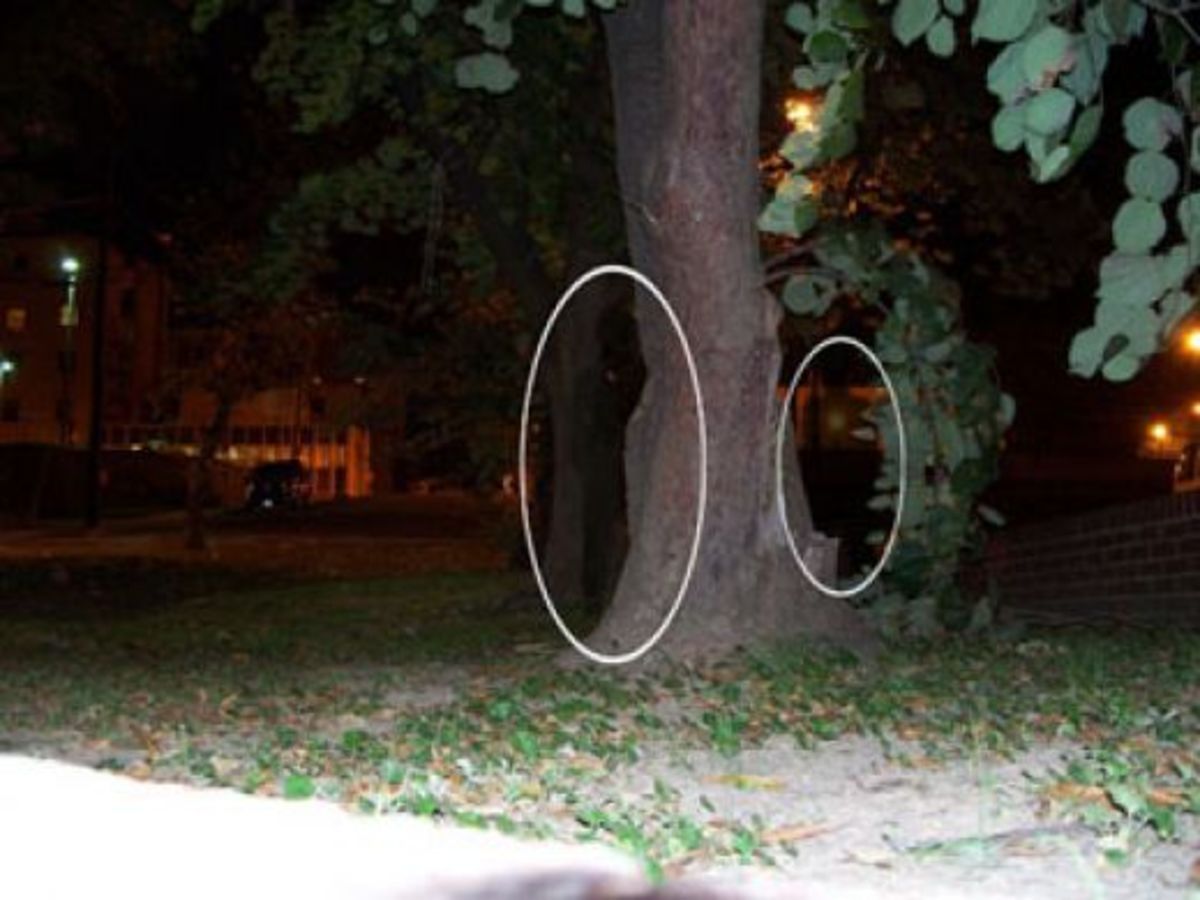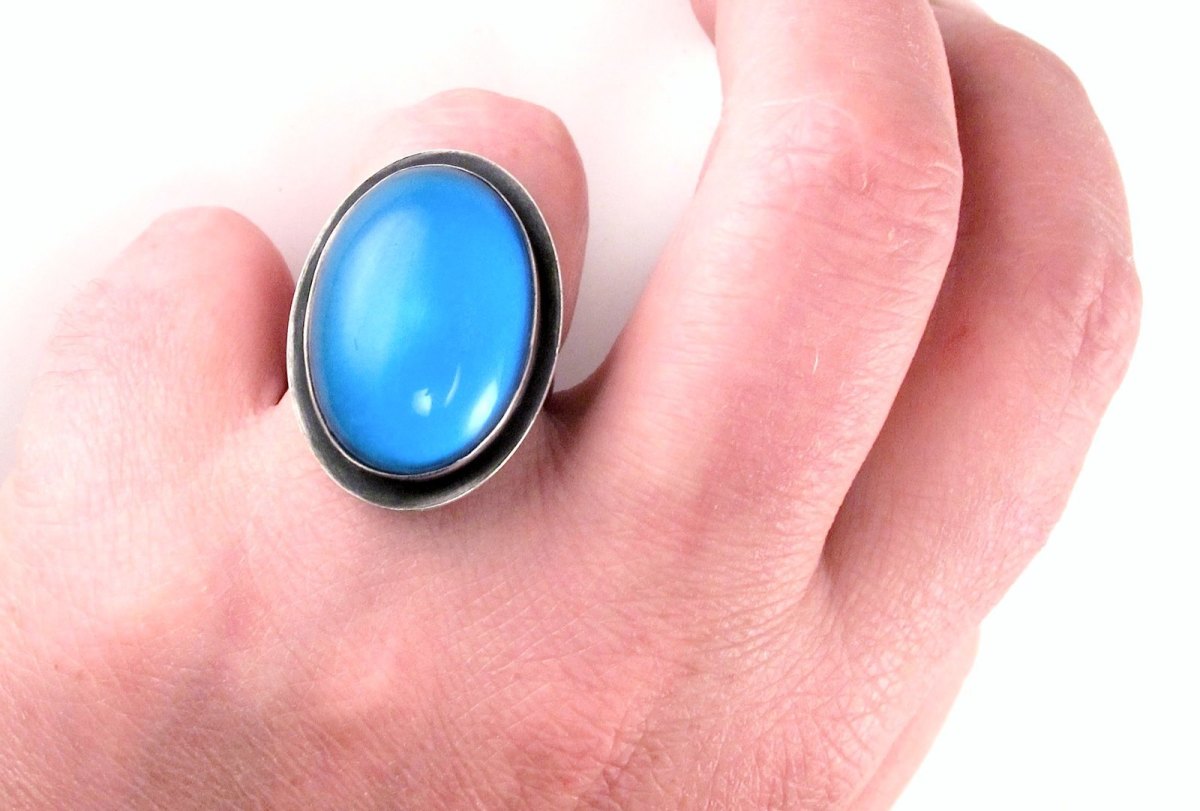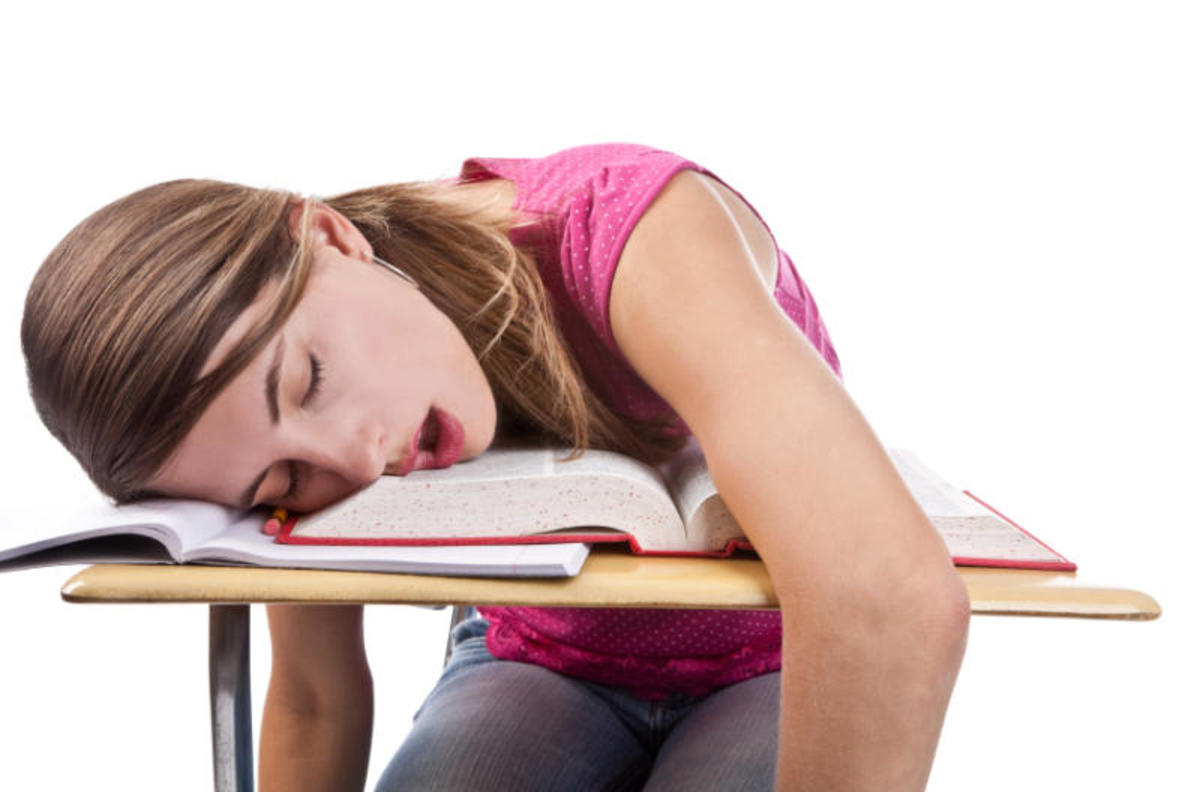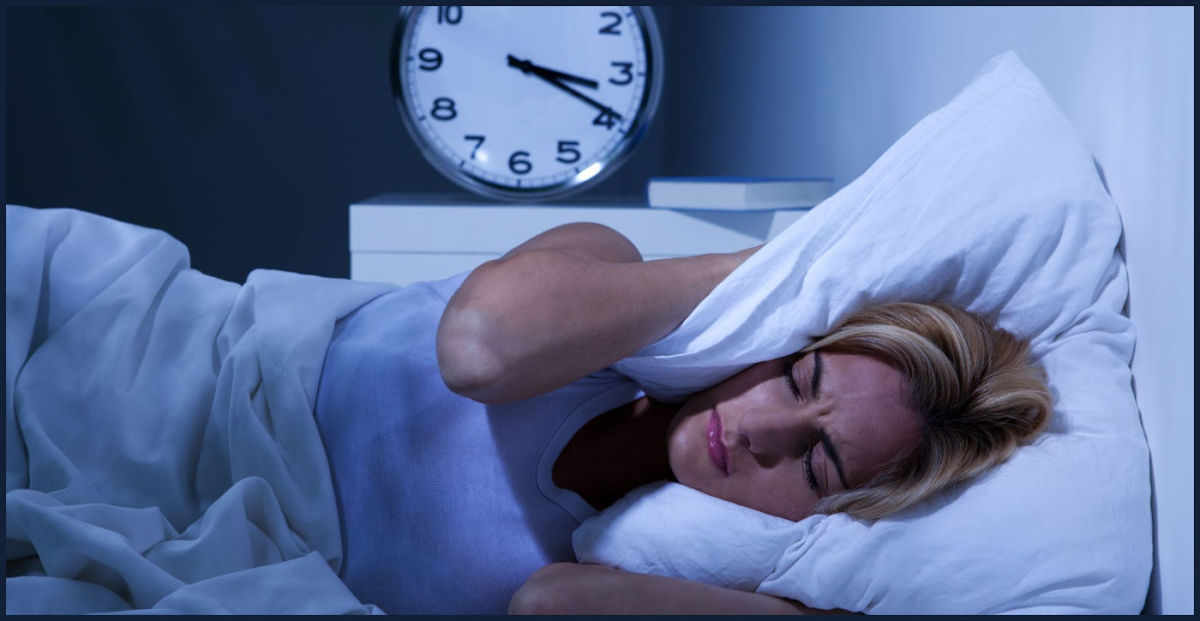Effects of Sleep Deprivation on Health
The Unholy Deprivation of Sleep
Sleep deprivation is no laughing matter. Well, not unless you’ve been up for 24 hours straight, and have now reached the delirious stage where uncontrollable giggles happen for no particular reason. Under normal, non-college party related circumstances, sleep deprivation occurs when your body doesn’t get the appropriate amount of rest. For adults, this should be around 7-9 hours per night. Kids may vary, but will generally require more sleep than adults. When this quota isn’t met, the body throws a series of tantrums to let you know it is angry. And, you don’t want to see your body when it’s angry.
It is possible that you don’t even realize that you’re deprived of sleep because it has become such a normal part of your lifestyle. Lack of sleep can affect mood, performance, and health. If you’ve noticed any changes in any of these areas, it might be due to sleep deprivation.

Mood Changes
Finally, the truth comes out. Your family admits that they’ve been avoiding you when you come home from work because they’re scared. And now, you feel like a jerk. Lack of sleep makes people unpleasant to be around. Irritability, lack of motivation, anxiety, and depression are all symptoms from sleep deprivation. Recall your last mood swing. Was it anything like the following:
- (Screams) “Who left the freaking toilet seat up? I’m going to rip your head off.” - Irritability
- “The toilet seat got left up again. I should yell at someone, but I’m too tired. (Yawns)” - Lack of motivation
- “Someone left the seat up again. I know they did it on purpose. They want me to fall in the commode. They want my butt to get all wet.” - Anxiety
- (Sobs) “Oh my God! The toilet seat is up again. And, I forgot to pick up some milk from the store. I wanted cereal for breakfast tomorrow. I’m such a loser.” - Depression
If you are experiencing these symptoms, you need to get more sleep before someone commits you to an insane asylum.
How does sleep deprivation affect your profession or personal life?

Performance
Sleep deprivation affects the way you get stuff done. It will be more difficult to concentrate, react, remember, or ambulate. Basically, you’ll act like someone who is intoxicated. Every day tasks will seem more challenging to accomplish. Even driving may prove to be too difficult. Depending on your job, sleep deprivation could put you at risk. And, do you really want to explain to your cellmates that you got arrested for drowsy driving? Take note of the following list of symptoms so that you’re not in danger of becoming someone’s prison “wife”.
- Lack of concentration
- Attention deficits
- Reduced vigilance
- Longer reaction times
- Distractibility
- Lack of energy
- Fatigue
- Restlessness
- Lack of coordination
- Poor decisions
- Increased errors
- Forgetfulness
If you discover that people are constantly approaching you to ask if you’re okay, it is time to get more sleep. Or, it is time to put down the bottle because you could actually be a huge drunk.
Other Effects of Sleep Deprivation on Health
- Impaired Immune System
- Tremors
- Aches
- Memory lapses or loss
- Growth suppression
- Decreased temperature
- Depression
Health
These days it seems that just about everything increases the risk of developing the fatal four medical conditions: obesity, high blood pressure, heart disease, and type II diabetes. You can now add sleep deprivation to the list. It doesn’t help that the lack of sleep makes you feel tired and unmotivated. Being tired makes you less likely to exercise. And, being unmotivated makes you more likely to eat sugary or caffeinated foods to get energized enough to make it through the day. This lifestyle will kill you! Or, it will just make you very disgruntled. Without the appropriate amount of rest, there is no way to counteract the effects of other unhealthy behaviors. Suddenly, watching Jay Leno after the nightly news doesn’t seem so important, does it?
How Much Sleep Do You Really Need?
Age
| Sleep Needs
|
|---|---|
Newborn to 2 months old
| 12 - 18 hrs
|
3 months to 1 year old
| 14 - 15 hrs
|
1 to 3 years old
| 12 - 14 hrs
|
3 to 5 years old
| 11 - 13 hrs
|
5 to 12 years old
| 10 - 11 hrs
|
12 to 18 years old
| 8.5 - 10 hrs
|
Adults (18+)
| 7.5 - 9 hrs
|
Source: www.helpguide.org
Healthy Foods that can Help You Sleep
Click thumbnail to view full-size





Video: Top Ten Tips for Better Sleep
Getting More Sleep
Now that you realize that you suffer from sleep deprivation, what can you do? Well, it’s simple. Get more sleep. But, this isn’t always as easy as it sounds. There are few behavior modification techniques you can use prior to contacting your medical provider (because doctors cost money).
- Cut back on the caffeine. That afternoon extra tall Red Bull could be the reason why you can’t get to sleep at night.
- Limit naps to 30 minutes or less. Anything greater will cut into your regular sleep time, making it more difficult to do it at night. Quit acting like you’re 5 years old and man up.
- Get more exercise. The endorphins released from the physical activity will make you happy while the exertion will fatigue the body enough to make you want to fall into a sound sleep.
- Find your chi. If stress is keeping you up a night, try to relax. Make your sleeping area a comforting, soothing oasis with few distractions.
- Cut off those devices. Don’t play Candy Crush before bedtime. Stimulation from media devices like games, movies, TV shows, and even books can have your brain up and ready to go instead of shut down mode.
If none of these suggestions work, go ahead and call the doctor. Medical practitioners can prescribe therapy or medications to help you get to sleep. No, the street doctor doesn’t count.


